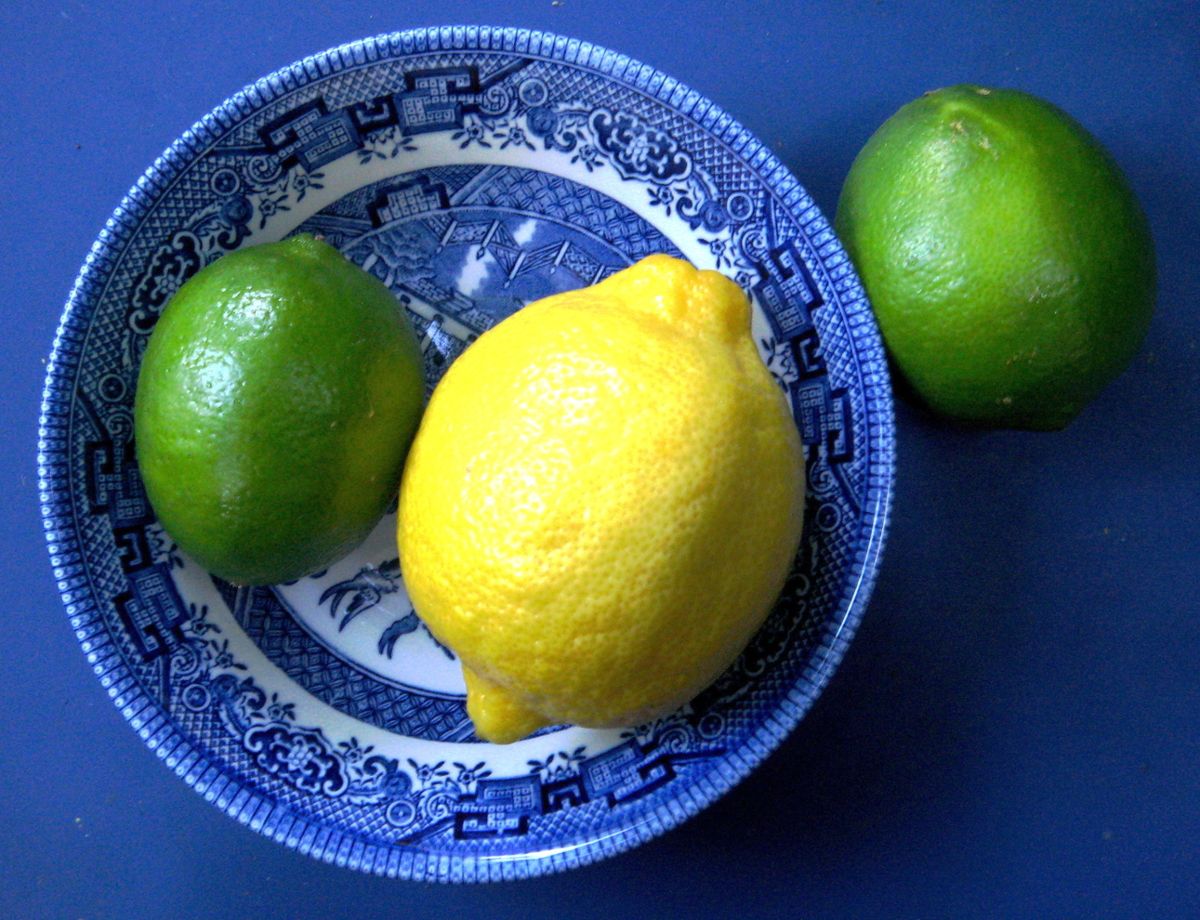We all like sweet things, even when we know we shouldn’t. But what if there was a food that could trick the brain into thinking that something sour, like a lemon or lime, was actually sweet?
The miracle berry, also known as agbayun, has been an important part of West African cuisine for centuries, and is often consumed before meals to transform the taste of other ingredients such as stale bread or soured wine. The secret of the plant lies in a protein that scientists have appropriately named miraculin that affects the taste receptors in our mouth that respond to specific chemicals in food and create the sensations of sweet, sour, bitter, salty, and umami tastes. Miraculin itself isn’t sweet, but instead binds to out sweet-receptors. It only becomes active in a low pH environment caused by sour, acidic substances. The result is that when we eat something sour, even something as sour as a raw lemon slice, miraculin makes us perceive the taste as sweet. Because acid is what activates this chemical process, salty, bitter, and already sweet foods are unaffected while our perception of sour food is radically transformed.
Scientists think the miracle berry could prove useful as sugar reduction strategy for both dieters and those for whom a low-sugar diet is necessary. Rather than turning to high sugar snacks or drinks, a person could simply take a small tablet composed of freeze-dried miracle berry before eating a healthy, sour food such as plain yogurt. The brain would perceive the yogurt as sweet leaving both their sweet tooth and body satisfied.










